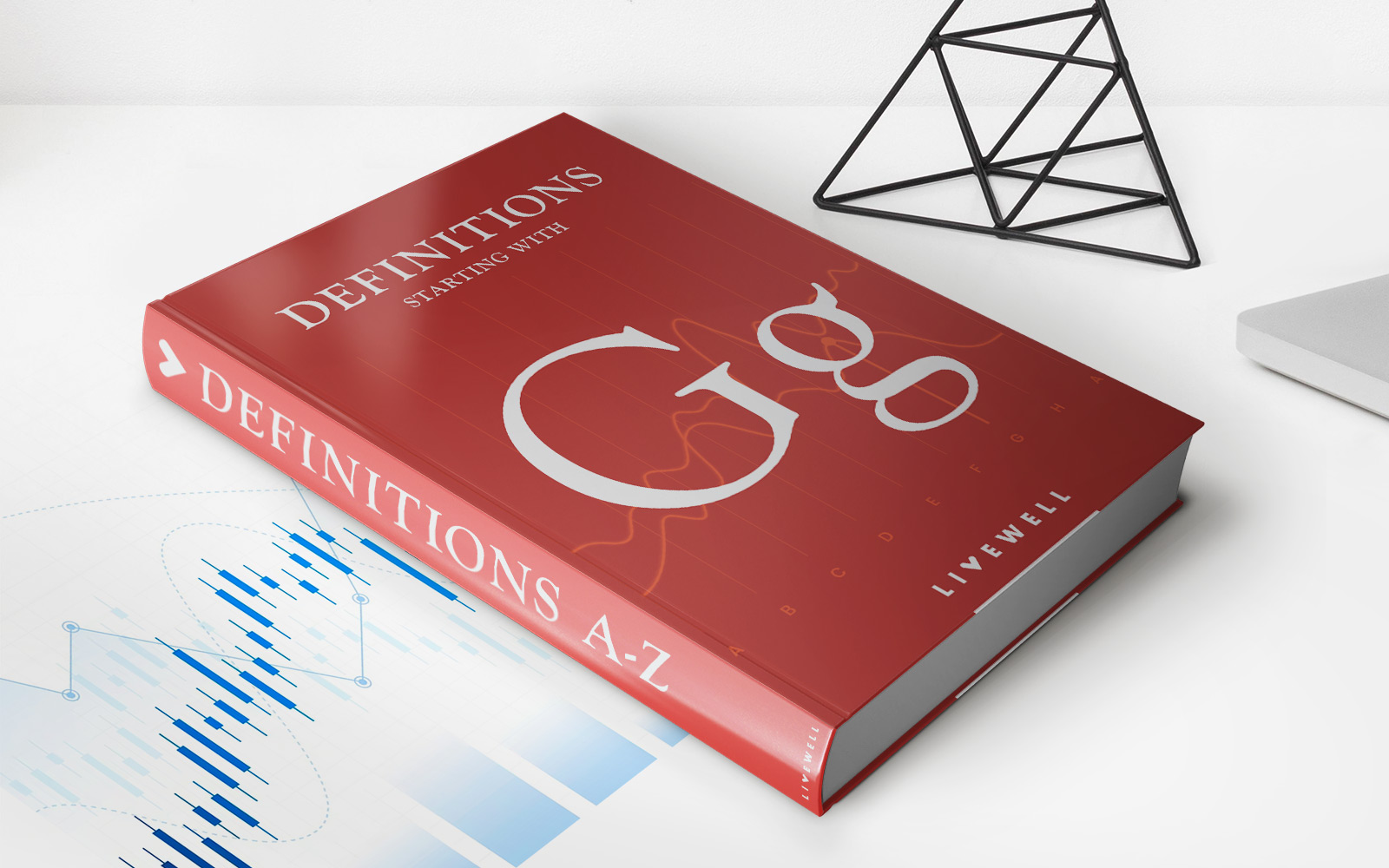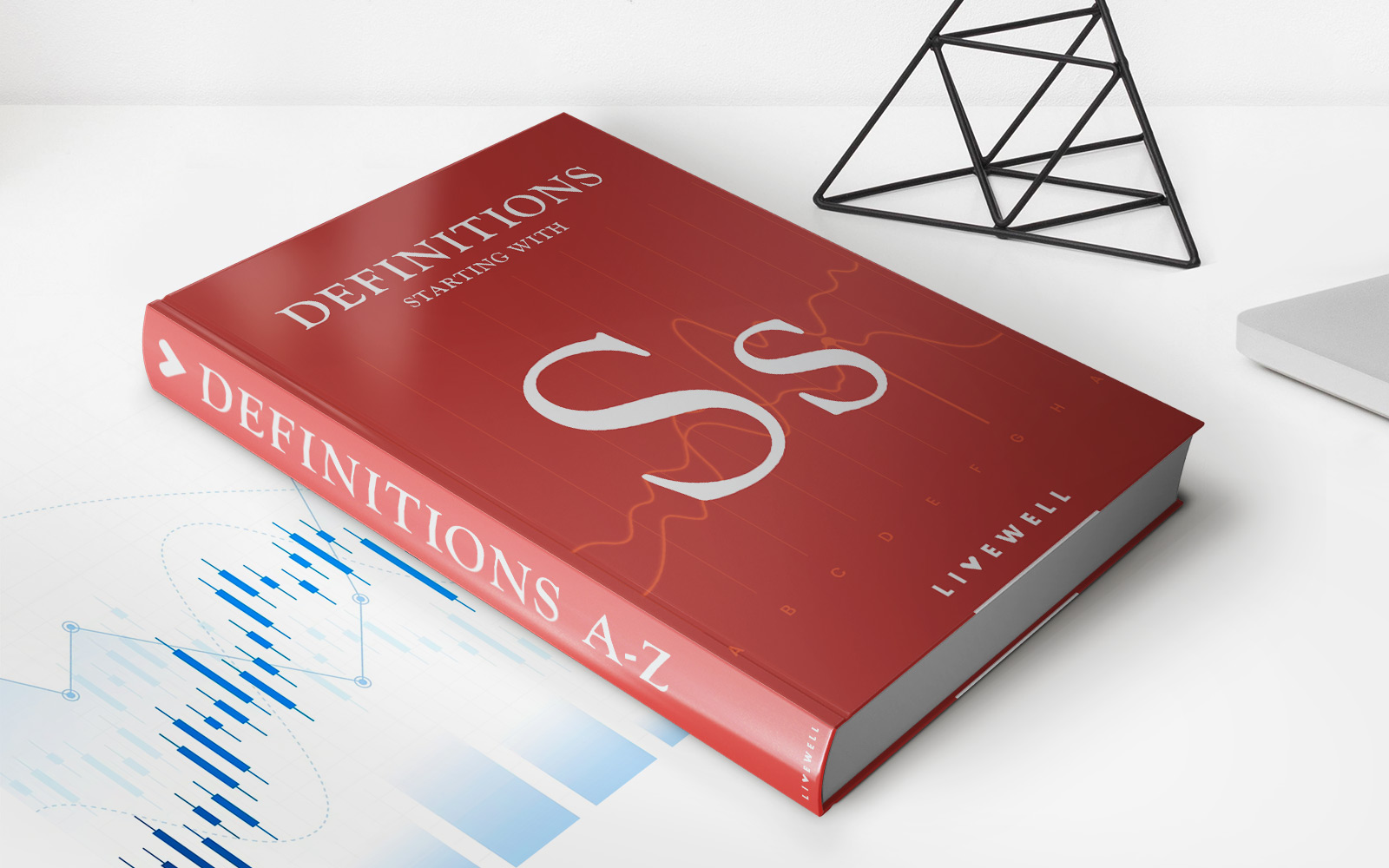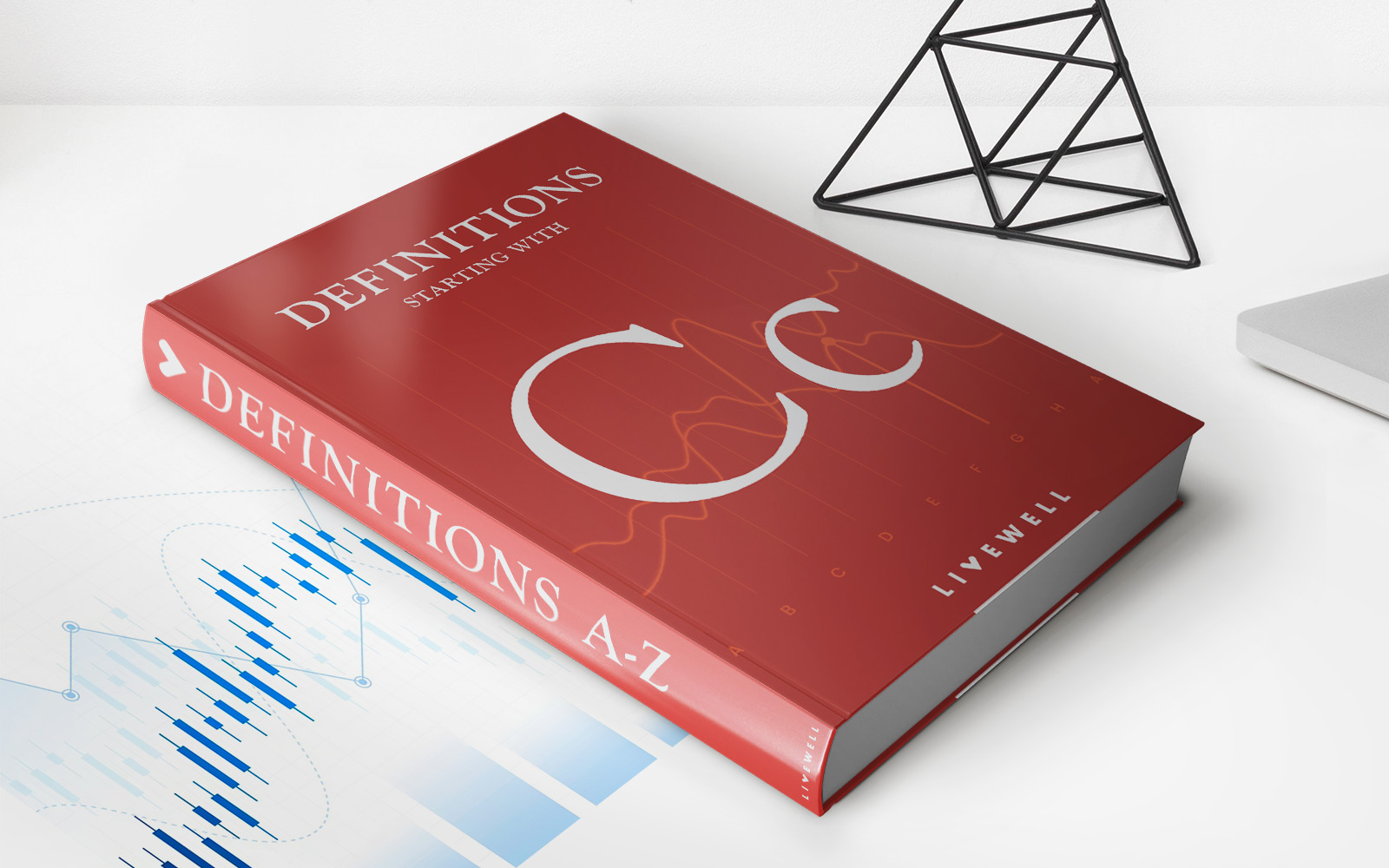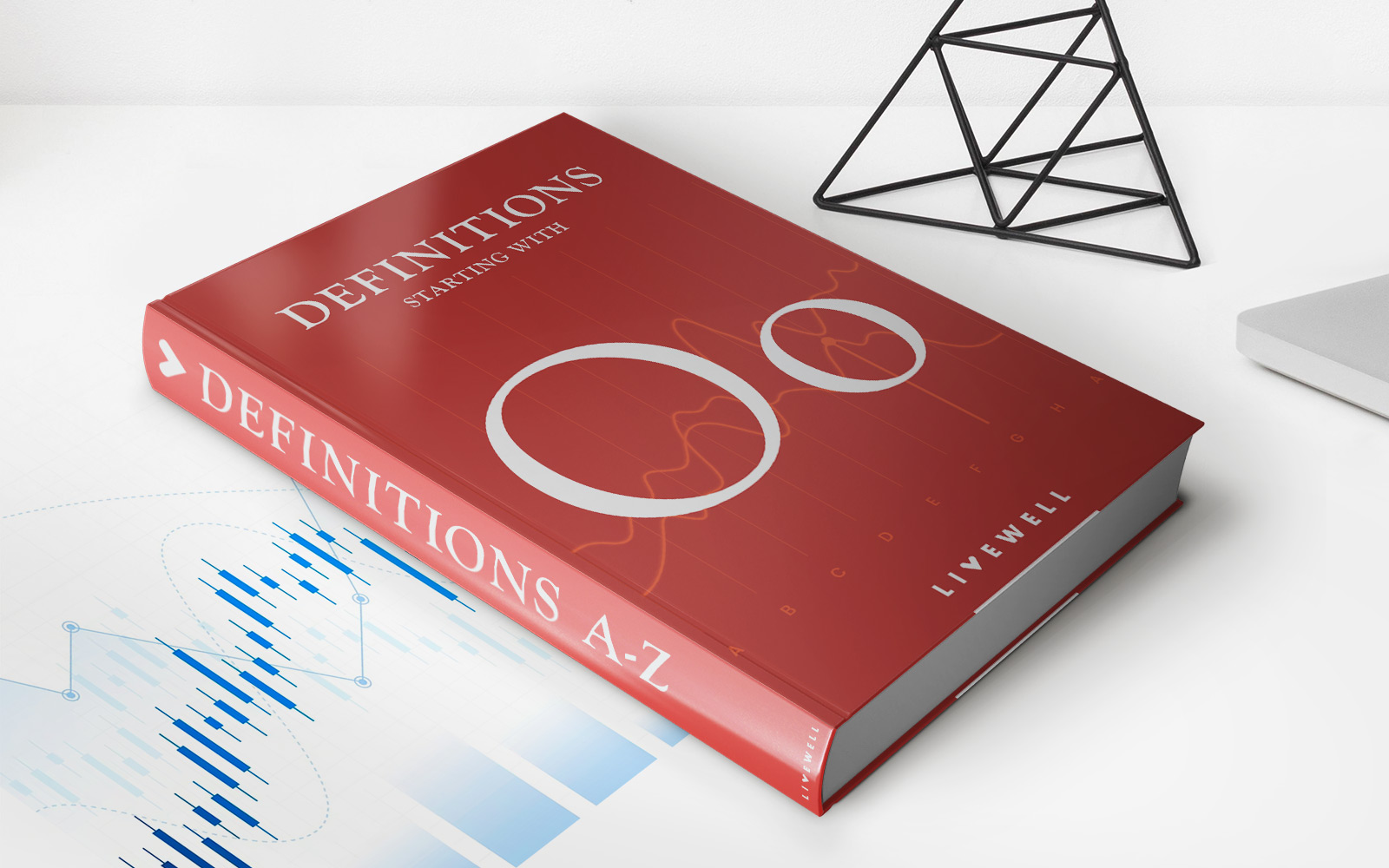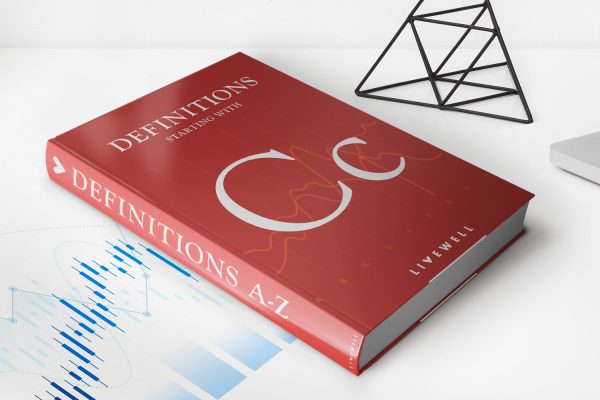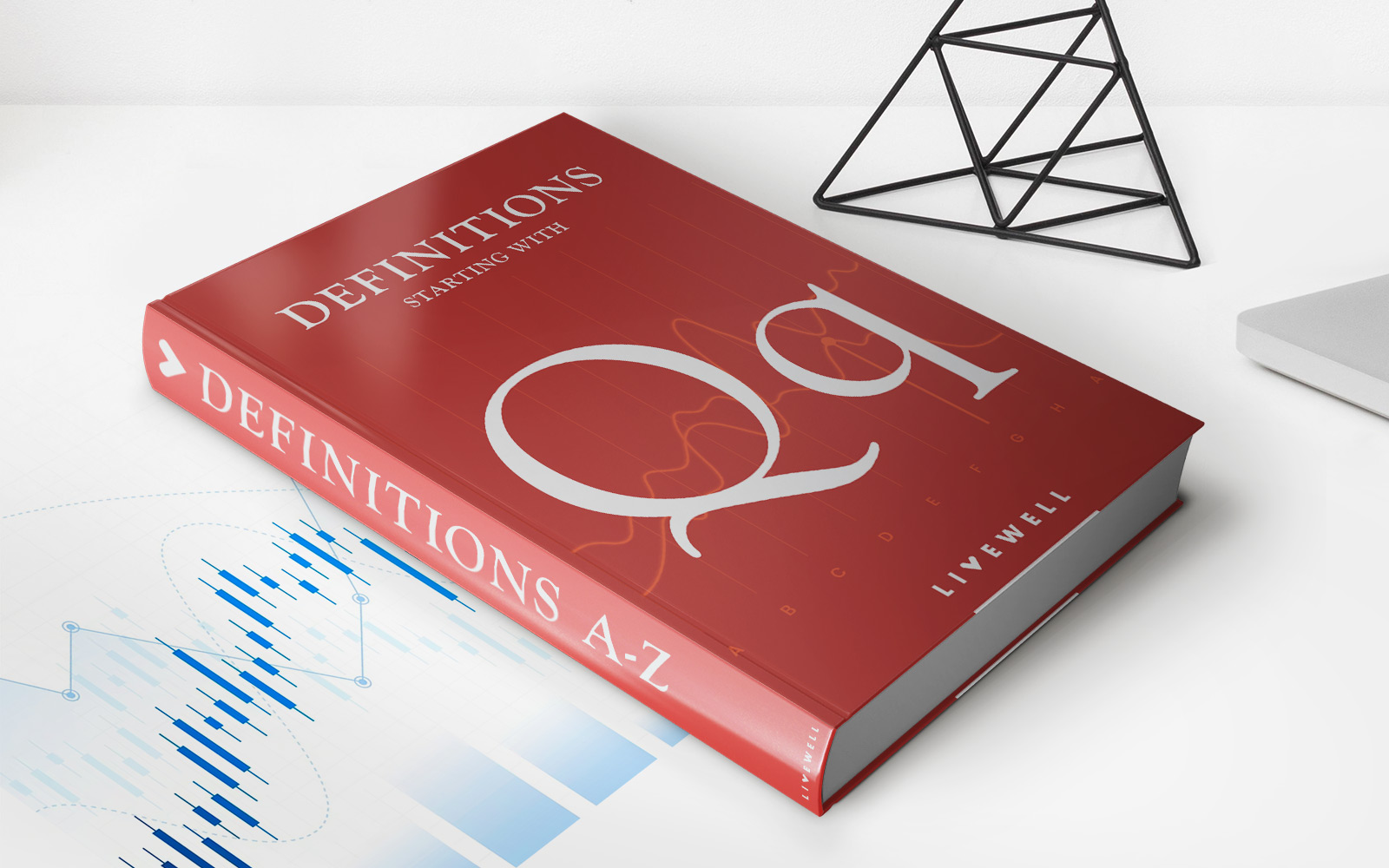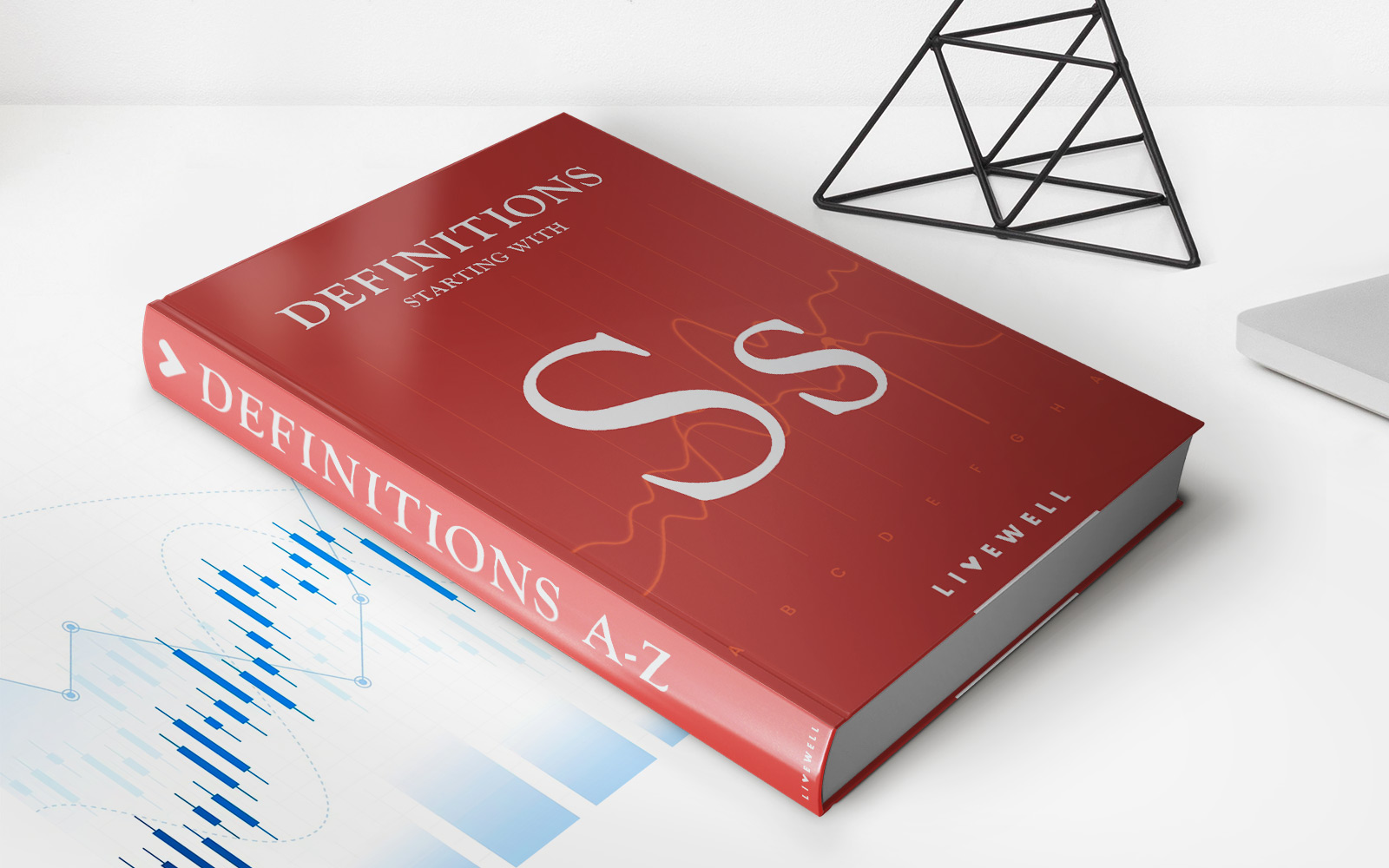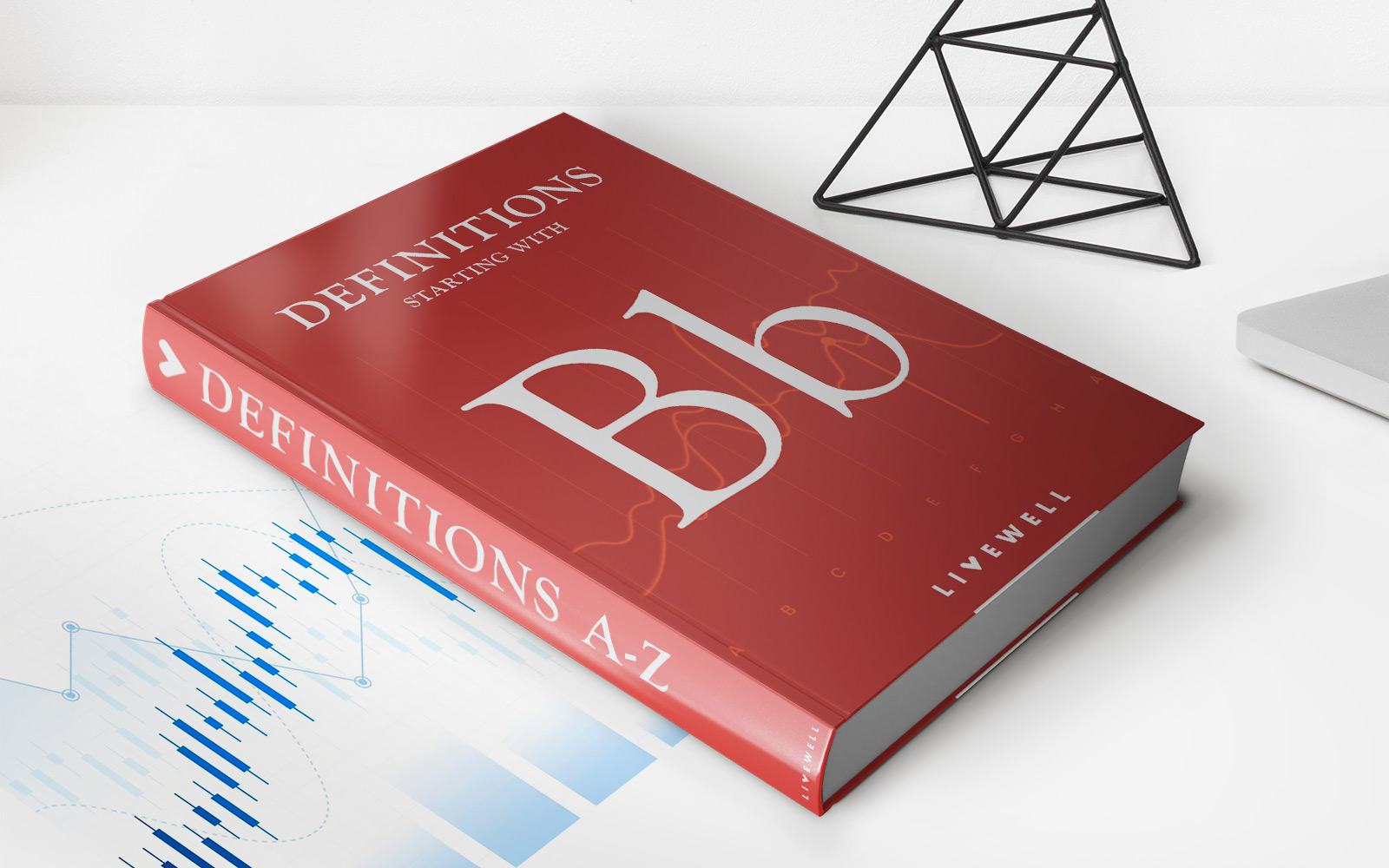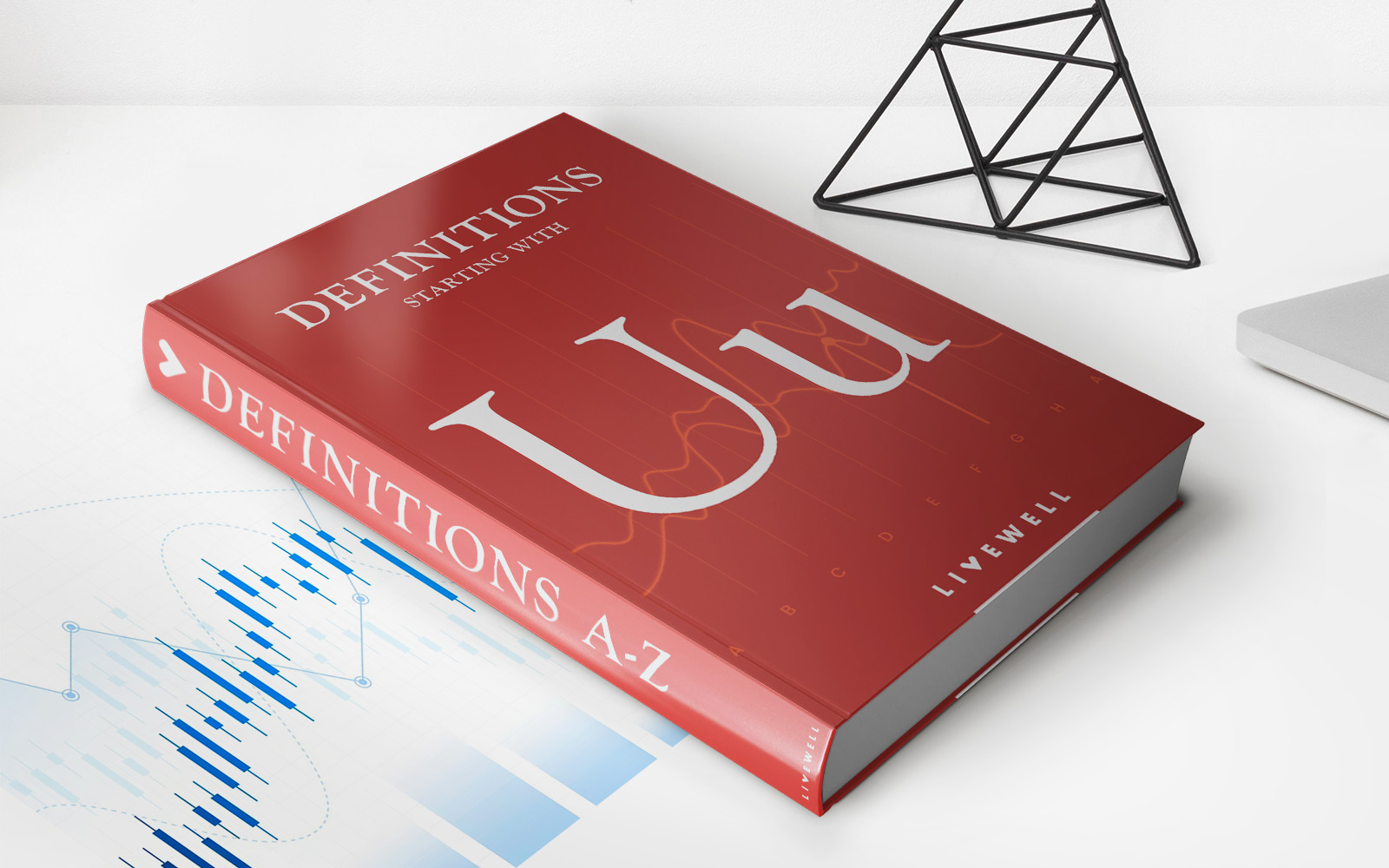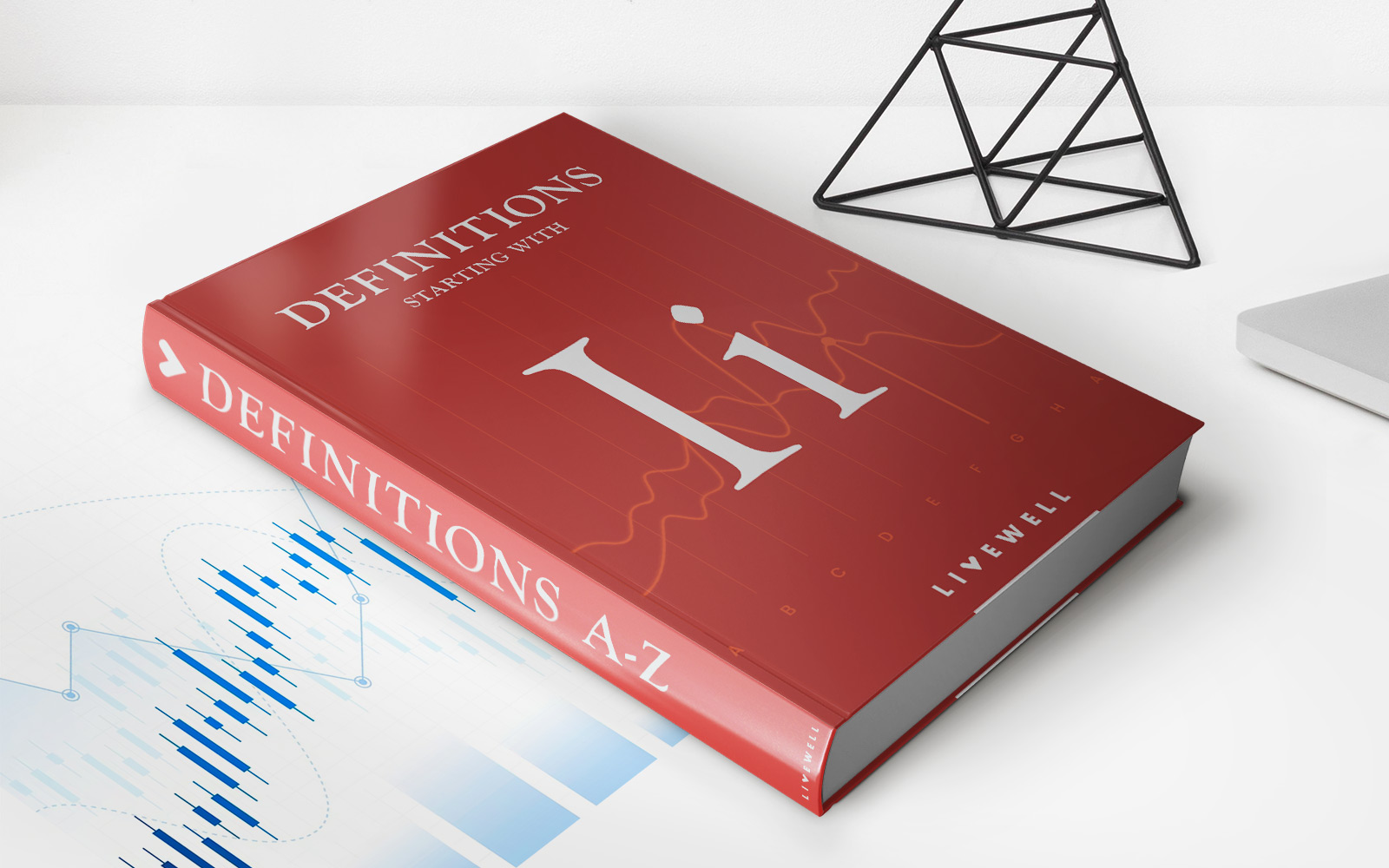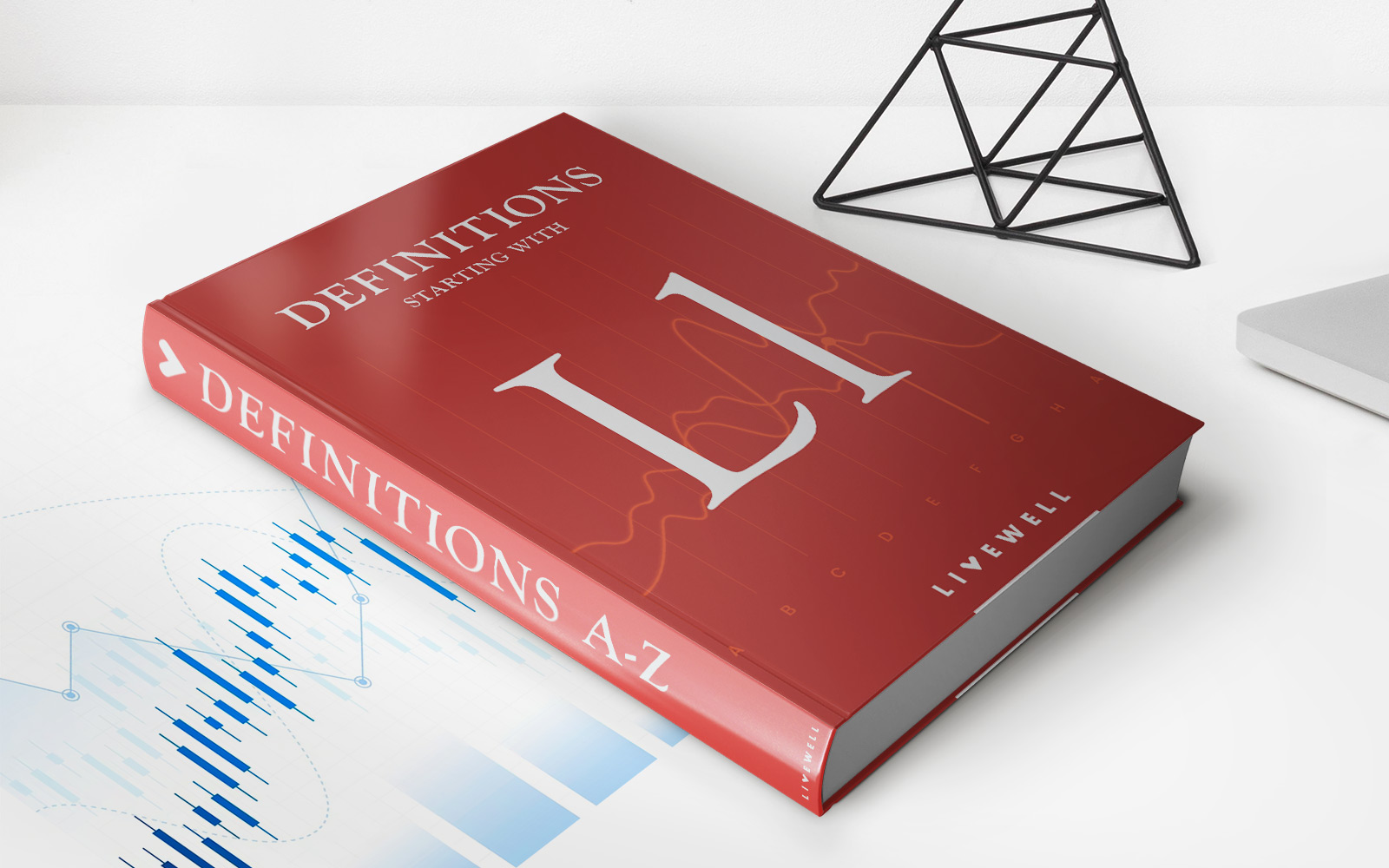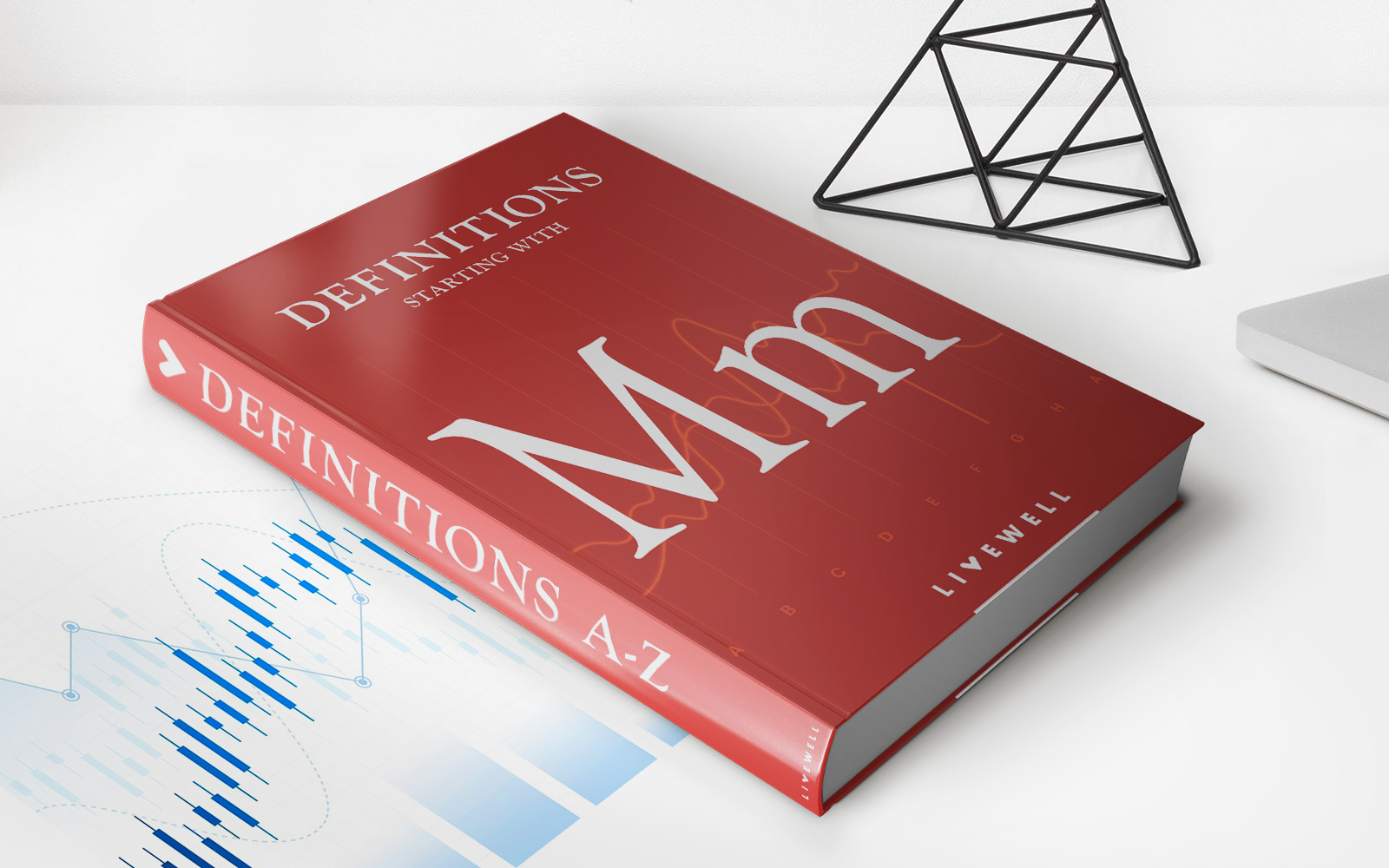Home>Finance>Industrial Revolution Definition: History, Pros, And Cons
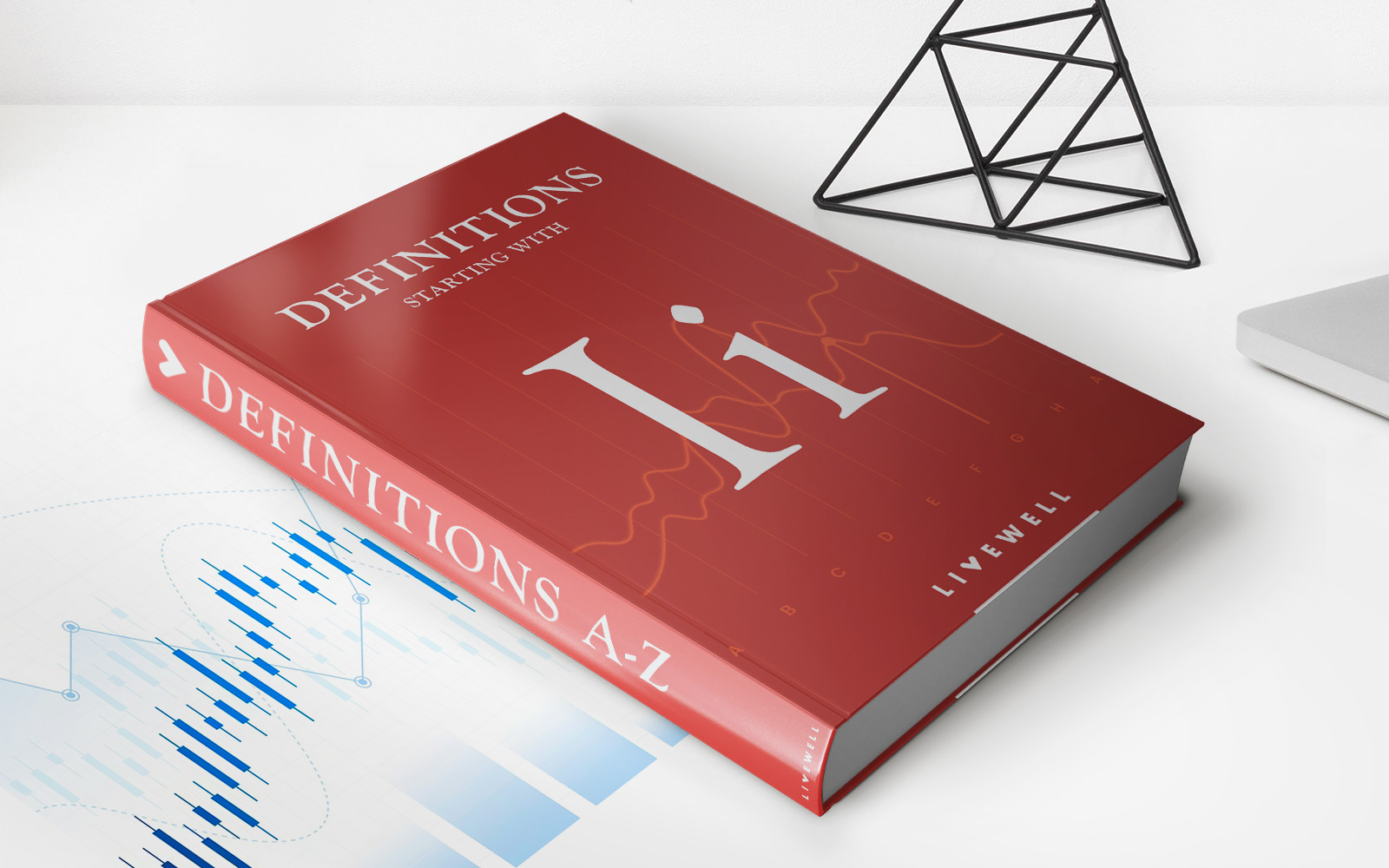

Finance
Industrial Revolution Definition: History, Pros, And Cons
Published: December 9, 2023
Discover the history, benefits, and drawbacks of the Industrial Revolution in finance. Explore the lasting impact and implications of this transformative period in economic development.
(Many of the links in this article redirect to a specific reviewed product. Your purchase of these products through affiliate links helps to generate commission for LiveWell, at no extra cost. Learn more)
Industrial Revolution Definition: History, Pros, and Cons
Greetings, financial enthusiasts! Welcome to the “Finance” category on our page, where we delve into various aspects of the financial world that have shaped economies throughout history. Today, we embark on a journey through time to explore the Industrial Revolution, a period that revolutionized societies and economies alike. What exactly was the Industrial Revolution? How did it shape the world as we know it? Let’s dive in and explore the history, pros, and cons of this remarkable era.
Key Takeaways:
- The Industrial Revolution was a significant period of technological advancement and industrialization that occurred in the 18th and 19th centuries.
- It brought about profound changes to society, including urbanization, division of labor, and the rise of manufacturing industries.
The Birth of a Revolution
The Industrial Revolution, which took place from the late 18th to mid-19th century, marked a dramatic shift from agrarian-based economies to industrialized societies. It was a time of unprecedented technological advancements, with inventions such as the steam engine, spinning jenny, and power loom transforming the way goods were produced.
During this period, countries experienced a massive surge in urbanization as people flocked to cities in search of employment opportunities in factories. This shift from rural to urban living ignited a wave of economic transformation, forever changing the landscape of commerce and setting the stage for modern capitalism.
The Pros of the Industrial Revolution
The Industrial Revolution brought with it a myriad of benefits that shaped the world we live in today. Let’s take a closer look at some of the positive aspects:
- Economic Growth: The widespread adoption of machinery and mass production methods vastly increased productivity, leading to substantial economic growth and the accumulation of wealth.
- Technological Advancements: Inventions and innovations during this time paved the way for modern industry and set the stage for future technological revolutions. It laid the foundations for the rapid development of transportation, communication, and manufacturing.
- Improved Living Standards: Although it took time for the benefits to be evenly distributed, the Industrial Revolution eventually led to improved living conditions for many. Access to affordable mass-produced goods, improved healthcare, and the development of the middle class all contributed to an enhanced quality of life.
The Cons of the Industrial Revolution
While the Industrial Revolution propelled society forward, it also had its downsides. Let’s explore some of the challenges faced during this transformative era:
- Exploitation and Labor Issues: As industries boomed, workers faced harsh working conditions, incredibly long hours, and low wages. The exploited labor force gave rise to significant social inequality and led to the emergence of labor movements and workers’ rights advocacy.
- Environmental Impact: Rapid industrialization brought immense environmental consequences. Pollution from factories and increased fossil fuel consumption resulted in environmental degradation and health hazards.
- Social Dislocation: The shift from rural to urban living caused dislocation and social upheaval. Traditional ways of life were disrupted, while overcrowded cities struggled to provide adequate housing, sanitation, and social support to the growing population.
The Legacy of the Industrial Revolution Today
The Industrial Revolution may have taken place centuries ago, but its effects are still felt today. It laid the groundwork for modern industrialized societies and continues to shape our economies and technological advancements. Understanding its history, pros, and cons can provide valuable insights into the complexities of our modern financial landscape.
As we conclude our journey through the Industrial Revolution, we hope you have gained a deeper understanding of this pivotal period in history and how it has shaped the world as we know it. Stay tuned for more captivating finance-related content as we explore different facets of the financial realm.
Until next time, may your investments be prosperous and your financial future bright!
